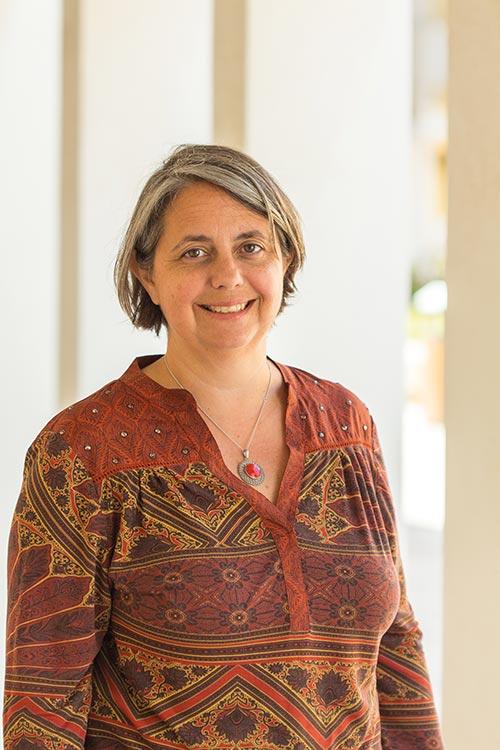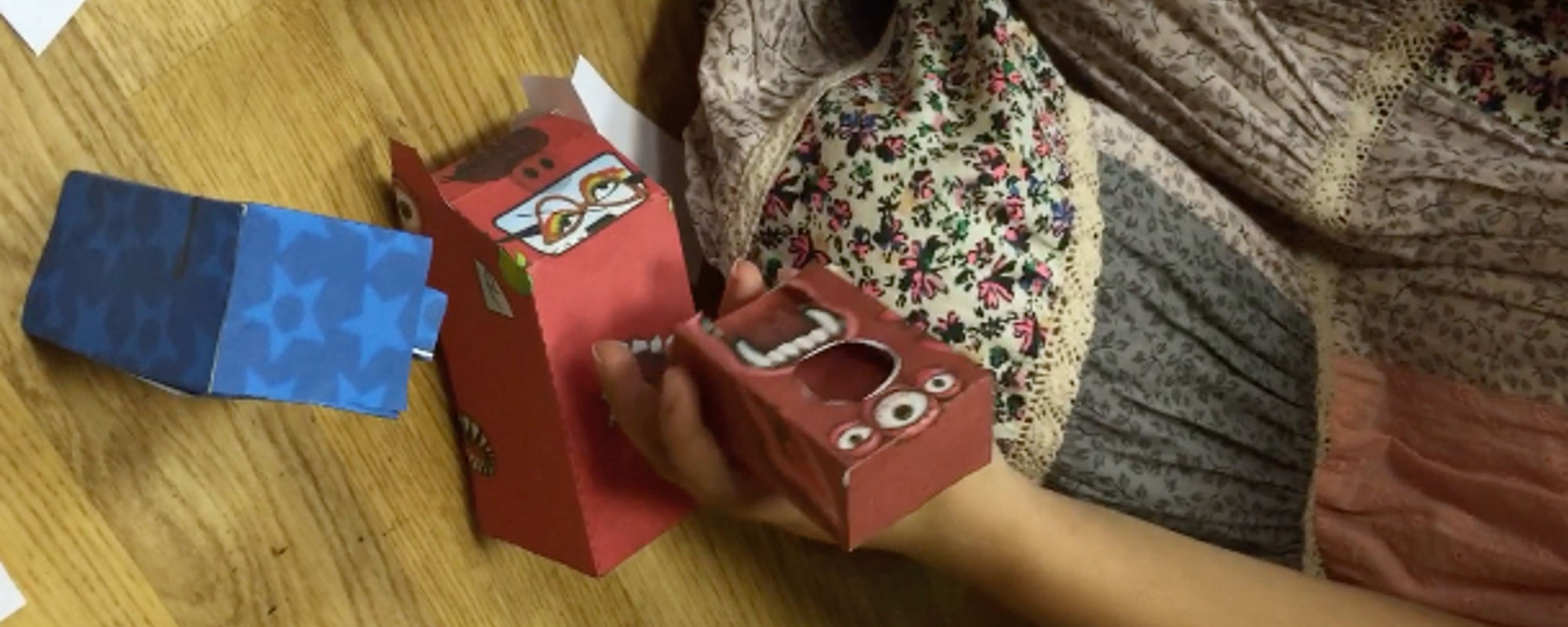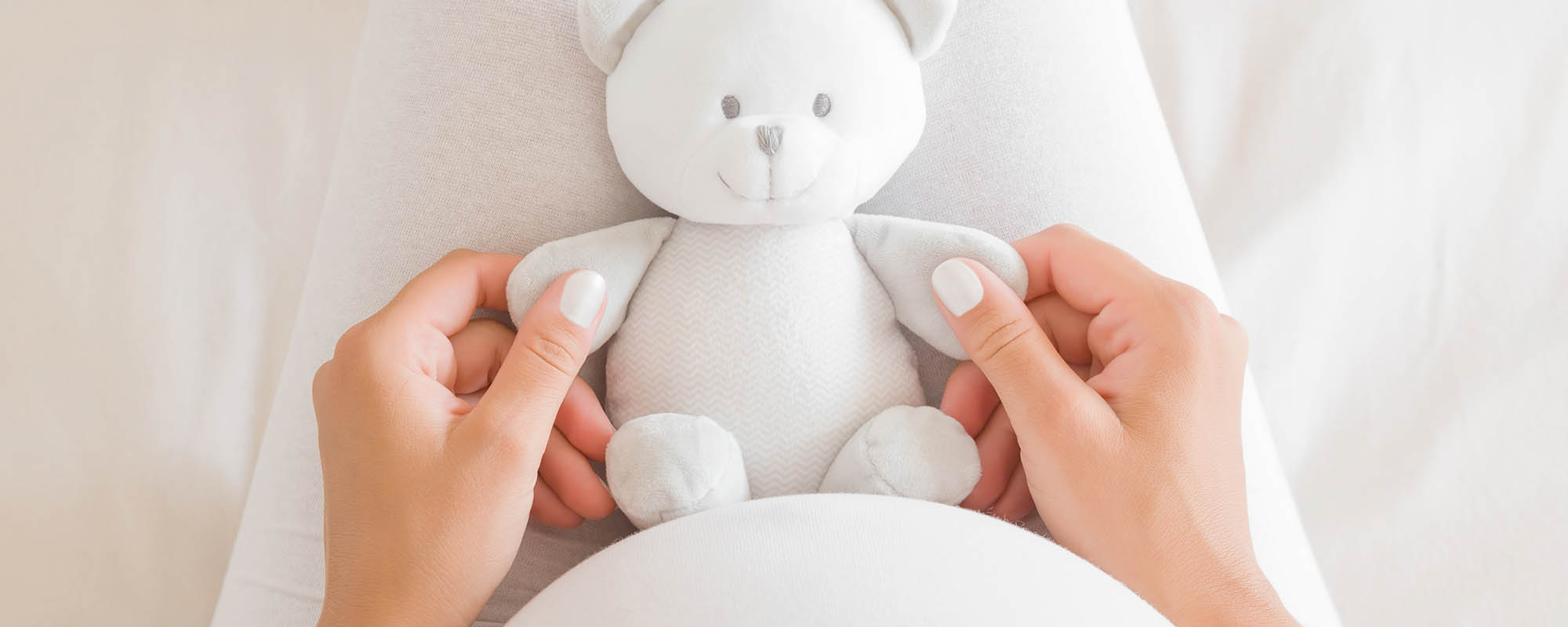Young motherhood is not all doom and gloom
Author: Dr Andreana Dibben
Teenage mothers are all too familiar with the phrase ‘children raising children’. From professionals to politicians, media, and even strangers on the bus, everybody has something to say about the perils of teenage pregnancy. Yet, when I spent two years attending a weekly mother and baby support group, hanging out with 24 young mothers (ages 13 to 21) for my doctoral research, I learnt that the reality was much more complex than a clichéd slogan.
My research looked into the lived experiences of pregnant young women and young mothers in Malta, specifically capturing detailed insights into how participants defined their sexual, reproductive, and mothering choices in the context of the policies, services, and discourses that framed their lives. Many participants considered being a mother as a deeply positive experience. Knowing full well about the teen motherhood stigma, they reclaimed the pejorative phrase ‘children raising children’ and saw their young age as advantageous because ‘you and your child grow together’. They felt they had more physical energy to carry out motherhood-related tasks, and expected a better mother-child bond due to a minimal generation gap.

What impressed me was that teenage mothers know how to care. The level of attentiveness and the responsibility with which young mothers cared for their children starkly contrasted with society’s stereotypes. Many participants had assumed caring roles and responsibilities from a young age, so caring for children was something they had learnt to do early on.
Pregnancy was not always accidental as is publicly presumed. It was often an active choice, framed as a positive step towards family formation. Research participants saw their early romantic relationships, often with older men, as an expression of psychological maturity. Some claimed the baby was healing the sufferings of their difficult childhood.
There is no denying that some pregnancies were not planned. Often, this was due to imbalanced power in relationships and control over sexuality. ‘We didn’t use condoms because he did not want to’ or ‘he did not want me to go on the pill as he saw it as a free pass to screw around’ were common phrases in the interviews.
The feminist lens helps detect gendered and class-based attitudes and behaviours, particularly conspicuous in the young mothers’ stories. Popular culture’s heterosexual imagery shapes young women’s reproductive choices early on. Framed by this ideology, the creation of a nuclear family is seen as the ultimate goal of a romantic relationship. Even for unplanned pregnancies, an ethic of responsibility and the stigma on abortion further pressure them towards choosing motherhood. Mothers are then expected to be completely selfless in their ‘sacred’ role. As Mireille, an 18-year-old mum who accidentally got pregnant at 15, put it: ‘I used to feel from the start that a huge responsibility was coming upon me. Now I’m not sorry that I had her though… In the end you do everything for your children.’
Yet my research shows that young mothers are not passive in this process. Choosing motherhood in the unequal context they inhabit, young mothers take their lives in their own hands. They challenge the patriarchal ideology that values only certain kinds of motherhood as ‘good’ — it must be based on marriage, economic independence, and a mature biological age. Most young mothers made active decisions when faced with dominant male partners, patronising professionals, and stigmatising incidents. Motherhood may have exacerbated disadvantage in many situations, but it also gave a sense of empowerment.
This study shed light on how young mothers valued their experience over social, economic, and cultural constraints. They consider motherhood as a positive life choice rather than a limitation. In the words of Isabel, a 19-year-old mum of a two-year-old: ‘The most important thing is how you feel inside. I feel great joy and satisfaction. Even though you’re 16, you can still raise your kids well. And that’s what matters at the end of the day.’
Isabel’s message is clear: Young mothers are making a valuable contribution to society. Instead of pity, they need respect and support.
Growing up in the digital age
With the rise of digital technology and its impact on early childhood development, young children and parents alike are stepping into unchartered territory. Hans-Joachim Sonntag talks to Prof. Charles L. Mifsud and Rositsa Petrova about their latest study in collaboration with the European Commission’s Joint Research Centre.
Nurturing language development through interaction
Language is at the core of what makes us human. From birth, we interact through language, making our way through gurgling and babbling to words, and, eventually, telling (tall) stories. It is important to nurture this linguistic development as early as possible, and in Malta, this involves exposure and sensitivity to the forms and dialects of at least two languages: Maltese and English.
Such growth can be nurtured by setting a good example so that children have a solid language basis to build upon. Here, it all boils down to one key point: interaction. Language is a two-way process, so for a child to truly benefit, they need to interact with others from birth—TV cartoons just do not cut it.

At the earliest stages, language is all about sounds and bonds, not about learning letters or reciting a poem. However, even then a child sensitive to differences and variation in language. Children know that home language is different from what they hear outside in the wider community. For Maltese children, it is useless to place early focus on lamenting the distinction between ‘Trid ice cream?’ instead of ‘Trid ġelat?’ as both are equally well understood in Malta. What is more important is that a child has enough exposure to become sensitive to which version or dialect to use in which context. In English, we have no problem singing the nursery rhyme ‘Horsey, horsey don’t you stop…’ despite knowing that the established word is of course ‘horse’ because experience shows us that children happily grow out of their ‘baby’ language. The same is true of the different forms of languages and dialects typical in a multilingual society. As we grow older, we can become sensitive to which forms of a dialect or language are best understood in the home, amongst friends, or at work.
Apart from parents, children spend most of their me in school. If schooling is meant to be about encouraging children to reach their full potential, then this should also hold true linguistically. Just as a sporty or musical child is identified and encouraged to work on their natural talent, a child whose linguistic skill is recognisable should get the same treatment. That talent should be nurtured—they might be the country’s best lawyer in a few years’ time.
Equally, it is important to leave no child behind. A truly holistic education recognises that physical activity is vital, perhaps even more so, for the less sporty child. The same applies in languages. We must ensure that every child has the opportunity to express themselves both in speech and writing, even if they seem to struggle. After all, we don’t teach an unsteady runner how to run by making them sit and watch while we run a race for them. Similarly, children learn how to speak and write by practising the languages, not listening to (lengthy) explanations about how to use a language.
This is what nurturing skills is all about. If we want to raise con dent, knowledgeable youngsters, we must allow them to constantly practise ways to get their message across. In Malta’s rich linguistic environment, this means nurturing all our dialects and forms of language in whatever shape or form available to us. It is only through this process that we can then shape rich, meaningful forms of communication amongst ourselves, and the wider world.




